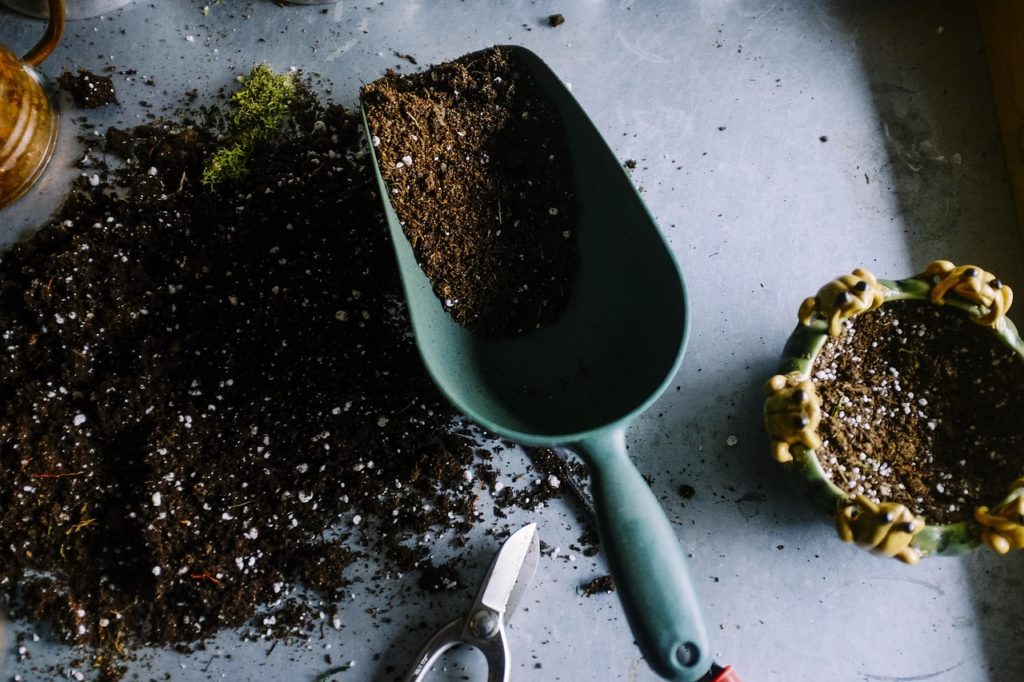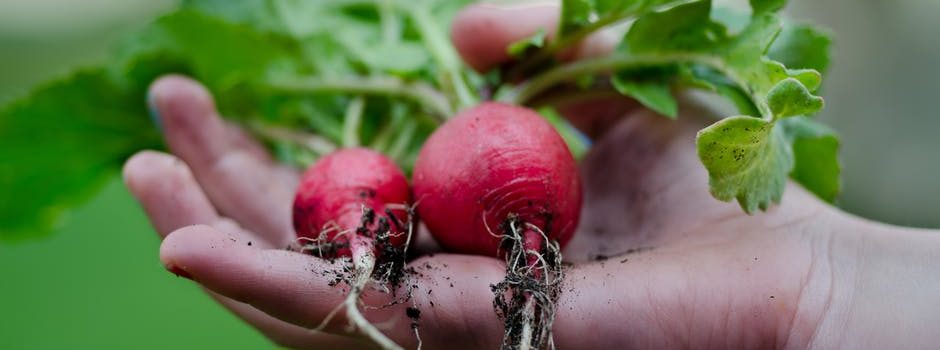
Holistic lifestyles are starting to become more popular, and people are starting to live more organically. People who are living this kind of life actually need to grow different types of herbs, as well as other healthy plants which need to be organic. This article provides several useful tips on organic gardening that can help.
Let your children be involved in your organic gardening efforts. Gardening helps your children learn about biological processes and serves as a social activity that helps the family grow closer while eating healthier.
Preparing the soil for your perennial garden is easy. Use a spade to dig into the turf, turn the turf over, then spread the area with approximately three inches of wood chips. Wait two weeks, then dig in and plant the new perennials.
Sprouting seeds need less warmth than before. As your plants grow, move them away from the source of heat. You can now take off any protective coverings on your plants that were there to shield them from the elements. To know when it is time for this, keep a careful eye on your seeds.
Leave plenty of growing space when you plant your garden. You must think of how much room the plants will take up as they grow, and it easy to underestimate this. Failure to provide adequate room will restrict growth because it forces plants to compete for valuable nutrients and oxygen. Because of this, you should always take the time to ensure that there’s enough distance between all your seeds.
Regularity is the key to keeping your organic garden in order, don’t let your list of chores pile up. While you may not be able to spend a lot of time every day in your garden, even little items done daily will stop the mountain of work from growing. Grab a handful of weeds, throw down some mulch, or toss some water on it anytime you walk by.
Treated Wood
If you are building a raised bed utilize stone, brick or wood that is untreated. If you are to use wood, you should make sure that the wood is not treated and is also naturally rot resistant. Several species of trees yield suitable wood. Locust, cypress, and cedar are among the more commonly used rot resitent woods. Consider the chemicals that will leach out of the wood before choosing anything that has been treated. Remember the affect that such chemicals will have on your plants and soil. In the event your vegetable garden already has treated wood as part of its enclosure, consider replacing it, or painting it, or wrapping the treated wood in some protective covering. Keep in mind that if any of the untreated wood is below the ground, you should dig it up to make sure that you completely protect your vegetable garden from the chemicals in the treated wood.
To make a credible claim that your crops are organically grown, you should be certified as organic by a credible organization. This will result in generating more sales and creating a loyal customer base.
Drowning your plants with water can kill them! It will stop your plant’s roots from being able to obtain any nutritional goodness out of its surrounding soil Check the weather forecast before you water any of your outdoor plants to see if rain is expected that day. If showers are headed your way, it’s probably in your best interest to leave the water hose turned off.
The more you fill your brain when it comes to gardening, the more you have at your disposal throughout the whole process. Keep in mind that this advice is the beginning of your organic gardening knowledge.
